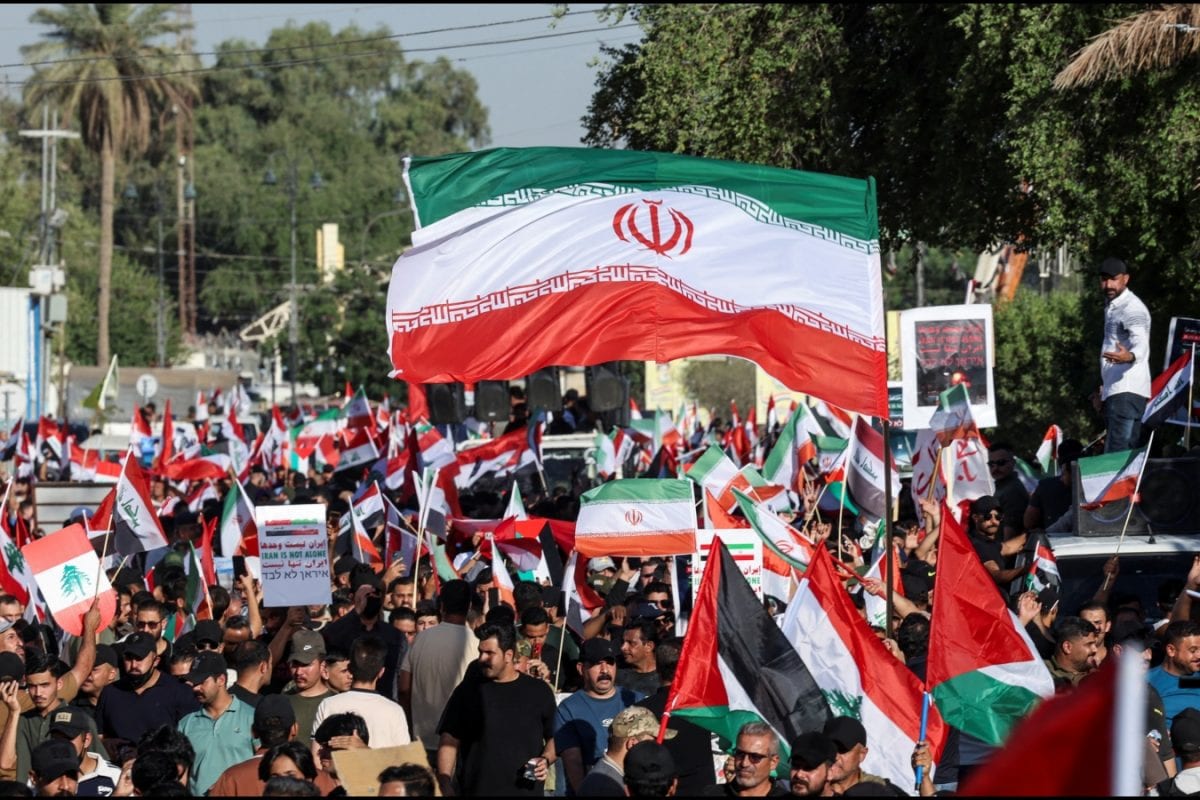

The Middle East remains a tinderbox as tensions escalate between Israel and Iran. Recent reports indicate a significant shift in the dynamics of the conflict, with Iranian Supreme Leader Ayatollah Ali Khamenei reportedly taking refuge in a fortified bunker amidst growing fears of Israeli strikes.
Adding to the sense of crisis, Khamenei has purportedly taken extraordinary measures to safeguard his life and ensure the continuity of the Islamic Republic's leadership. These measures include suspending electronic communications, relying instead on a trusted aide for communication with military commanders, and, most significantly, naming three senior clerics as potential successors in the event of his death. Khamenei's son, Mojtaba, once considered a likely heir, is not among those on the list. This decision underscores the gravity of the situation and the potential for a swift and possibly turbulent transition of power.
The urgency surrounding the succession plans is fueled by increasing threats from Israel. Israeli officials, including Defense Minister Israel Katz, have made strong statements about Khamenei's role in directing attacks against Israel, including a recent strike on a hospital near Tel Aviv. Katz went so far as to say that Khamenei "can no longer be allowed to exist." These comments, coupled with a series of Israeli strikes on Iranian territory, including military and nuclear facilities, have prompted heightened security measures within Iran.
According to reports, Iran's intelligence ministry has ordered senior government officials and military commanders to remain underground and cease using cellphones or other electronic devices, fearing Israeli infiltration or targeted assassinations. The measures reflect a growing concern within Iran's leadership about the potential for further Israeli attacks and the vulnerability of key figures.
The escalating conflict has drawn international attention and raised concerns about a wider regional war. While the United States has stated it had no direct involvement in the initial Israeli strikes, former President Trump has commented on the situation, sparking debate about potential US involvement. Khamenei has directly warned the US against military intervention, stating that it would suffer "irreparable damage" if it engages in military action against Iran.
The conflict has already resulted in casualties on both sides. Reports indicate that hundreds have been killed and thousands wounded in both Iran and Israel since the recent escalation began. The ongoing hostilities have disrupted daily life in both countries and raised fears of further escalation.
The situation remains highly volatile and could change rapidly. Khamenei's reported move to a bunker, the naming of potential successors, and the increasingly strident rhetoric from both sides suggest that the Middle East crisis is far from over. The coming days and weeks will be crucial in determining whether the conflict can be contained or whether it will spiral into a wider regional war with potentially devastating consequences.